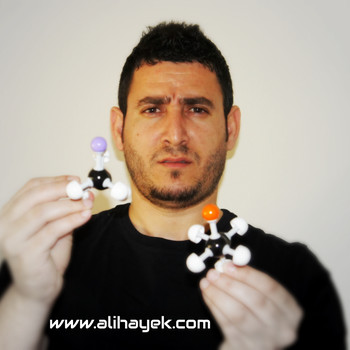What is meant by the rate of a reaction?
2 Answers
Refer to this video, and I hope you will find your answer.
Explanation:
Refer to this video, and I hope you will find your answer.
This video is one of a series of six videos that explains in details the Chemical Kinetics topic.
Chemical Kinetics | Reaction Rates & Rate Law.
Well, think about what a rate is. It's how fast something happens. Remember how velocity is the change in distance over time? Yeah, it's the rate at which one's travel distance changes over time.
So if reactions involve concentrations changing over time, shouldn't that mean a rate is the change in concentration over the change in time?
I think you can answer that question.
Once you do, it would make sense to say that for the following reaction:
#"A" + 2"B" -> "C" + 2"D"#
the rate becomes:
#r = r(t) = -(d[A])/(dt) = -1/2(d[B])/(dt) = (d[C])/(dt) = 1/2(d[D])/(dt)# since evidently, reactants get reacted (used up) and products get... well, produced.
And you might also see that the stoichiometric coefficients (i.e. the number of
It makes sense that if there is twice as much
So to be efficient,
Had there been twice as much
#r = r(t) = -1/2(d[A])/(dt) = -1/2(d[B])/(dt)#
What does that change about the above reasoning, then? What does it mean for both rates to be halved?
It just says that now, there is a


